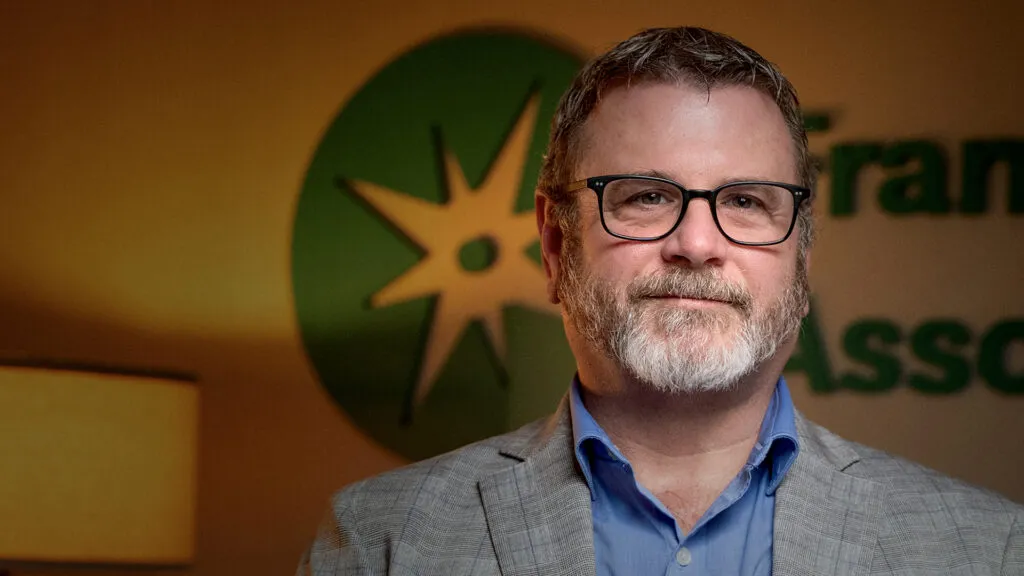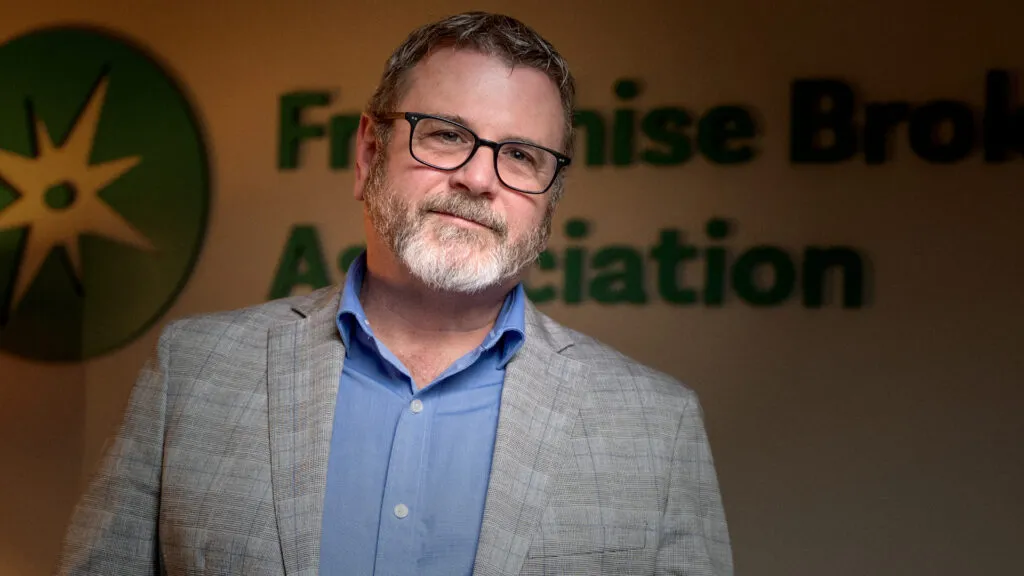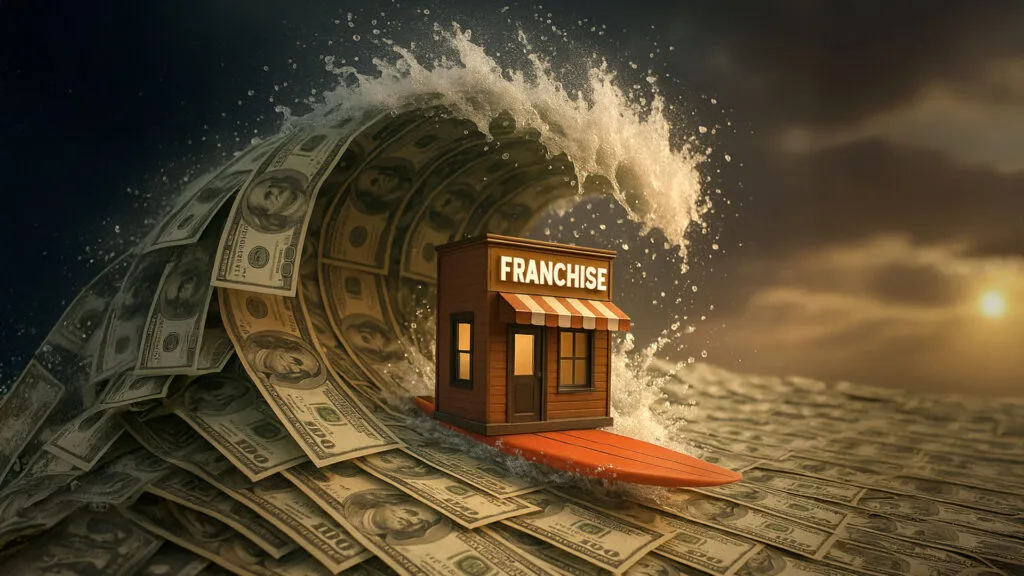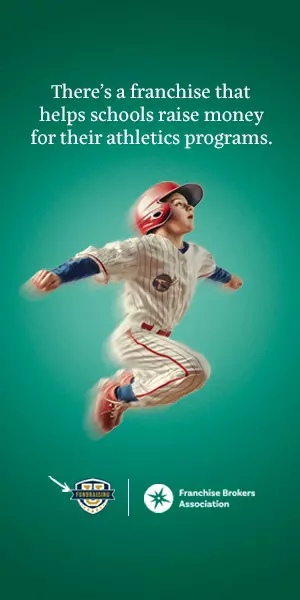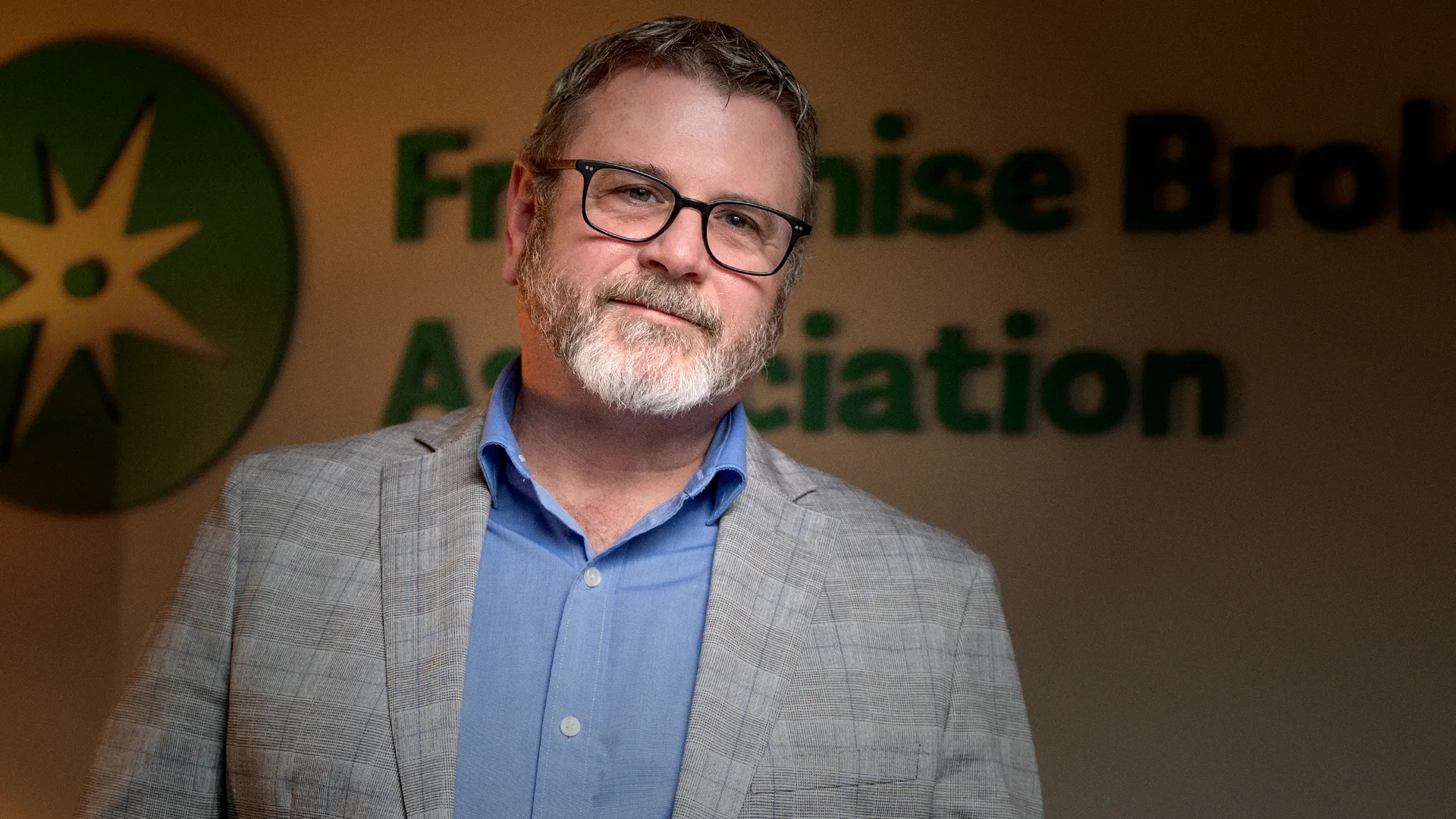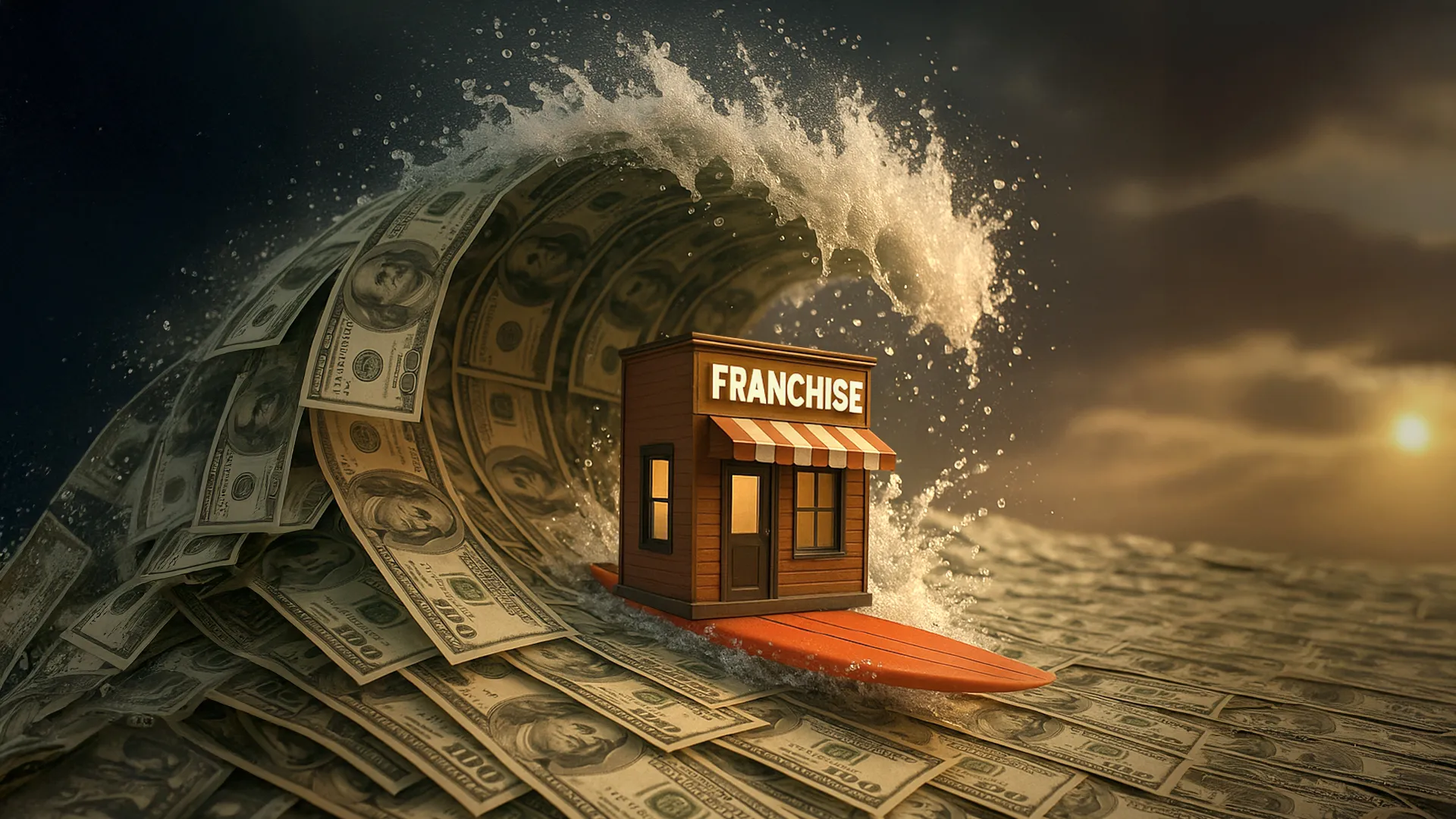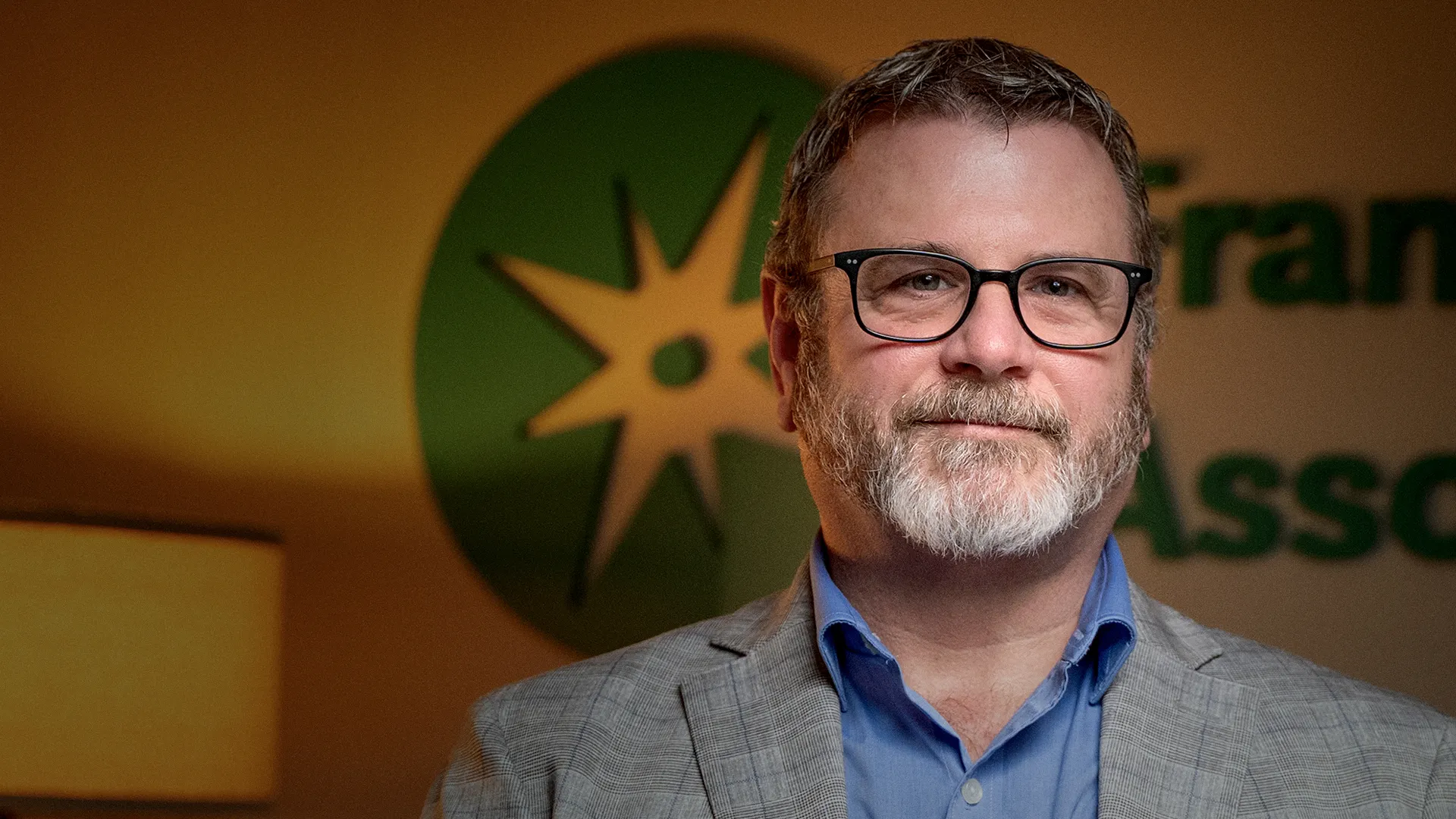There are a lot of terms, acronyms and abbreviations in franchising, most of which you won’t know unless you have experience in the industry.
Knowing these terms can be very helpful when doing your research on which franchise is the best match for you. Here’s a quick outline of some basic franchising terminology and definitions.
Area Development Franchise – underan Area Development franchise, a Franchisee has the right to open more than one unit during a specific time, within a specified area. The Franchisor grants the Franchisee exclusive rights for the development of that territory.
Business Format Franchise – this type of franchise includes not only a product, service and trademark, but also the complete method to conduct the business itself, such as the marketing plan and operations manuals.
Business Opportunity – (also known as a ‘Biz Opp’) involves the sale or lease of any product, service, equipment, etc. that will enable the purchaser-licensee to begin a business. The Licensor, or seller of a business opportunity, usually declares that it will secure or assist the buyer in finding a suitable location or provide the product to the purchaser-licensee. This is different from the sale of an independent business, in which there is no continued relationship required by the seller.
CRM – (Customer Relationship Management) is an industry term for methodologies, software, and usually Internet capabilities that help an enterprise manage customer relationships in an organized way. For example, an enterprise might build a database about its customers that describes relationships in sufficient detail so that management, salespeople, people providing the service, and perhaps the customers can directly access the information, match customer needs with product plans and offerings, remind customers of service requirements, know what other products a customer has purchased, and so forth.
Franchise – a license that describes the relationship between the Franchisor and Franchisee, including use of trademarks, fees, support and control.
Franchise Agreement – the legal, written contract between the Franchisor and Franchisee which tells each party what is required of them.
Franchisee – (also known as a ‘Zee’) the person or company that gets the rights from the Franchisor to do business under the Franchisor’s trademark or trade name.
Franchising – a method of business expansion characterized by a trademark license, payment of fees, and significant assistance and/or control.
Franchisor – (also known as a ‘Zor’) the person or company that grants the Franchisee the right to do business under their trademark or trade name.
Master Franchise – a Master Franchise agreement gives the Franchisee more rights than an Area Development agreement. The Master Franchisee has the right to sell franchises to other people within the territory, known as sub-franchises. Therefore, the Master Franchisee takes over many of the tasks, duties and benefits of the Franchisor, such as providing support and training, as well as receiving fees and royalties.
Multi-Unit Franchise – a multi-unit franchise is an agreement where the Franchisor grants a Franchisee the rights to open and operate more than one unit.
Net Worth – the difference between the assets and liabilities of an individual or an entity. If an investor owns stocks, bonds, a house, and other assets worth $2 million and has liabilities of $500,000 (including mortgage amounts and accrued taxes on appreciated assets stated at fair market value), then the investor has a net worth of $1.5 million. Similarly, if a company owns land, buildings, computers, and other tangible and intangible assets with a cost basis for financial statement purposes of $10 million and has liabilities of $9 million, then the company has a net worth of $1 million.
Product Distribution Franchise – a franchise where the Franchisee simply sells the Franchisor’s products without using the Franchisor’s method of conducting business.
Royalty – the regular payment made by the Franchisee to the Franchisor, usually based on a percentage of the Franchisee’s gross sales.
SBA – (Small Business Administration) an independent agency of the United States government that protects the interests of small businesses. The SBA ensures that they receive a fair share of government contracts, offer loans and provide counseling to small businesses.
Single-Unit (Direct Unit) Franchise – this is the simplest and most common type of franchise. A single-unit (direct-unit) franchise is an agreement where the Franchisor grants a Franchisee the rights to open and operate ONE franchise unit. It is possible, however, for a Franchisee to purchase additional single-unit franchises once the original franchise unit begins to prosper. This is then considered a multiple, single-unit relationship.
Trademark– the Franchisor’s identifying marks, brand name and logo that are licensed to the Franchisee.
UFDD – the Uniform Franchise Disclosure Document, UFDD, is one format for the disclosure document which provides information about the Franchisor and franchise system to the prospective Franchisee.
Are there other terms you came across that you had to look up?
Find the best franchise opportunity for you: https://www.franchiseba.com/find-franchises/





